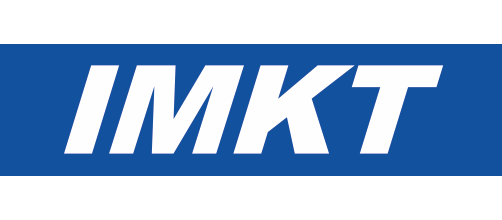Subsurface material response of hypo eutectoid bearing steels for use in energy saving rolling bearings as a substitute for journal bearings in combustion engines
- verfasst von
- Sager Dave Sircar, Jürgen Gegner, Karl Heinz Lang, Gerhard Poll, Rainer Joos
- Abstract
The current emphasis on "green" fuel efficient technologies and additional restrictions, such as lead free bearings, have increased the attractiveness of alternative bearing technologies like rolling bearings. A major factor for this development is caused by the circumstance that further decrease of friction and continued reliability of journal bearings increases costs to an intolerable level. Investigations show that a replacement of journal bearings with roller bearings reduces fuel consumption of combustion engines in the range of 2 %-5 %. Due to limitations in the processing of 100Cr6 bearing steel (SAE 52100), however, induction hardend hypo eutectoid bearing steel attract notice. No publicly accessible data for service life rating is available for these steel grades. To determine the service life limiting effects for these grades, tests are conducted and, due to exclusively tribological failures, a material response approach is taken to determine the subsurface failure. Presently, applications with strong and repeated impact loads, such as combustion engines, have seen the widespread use of journal bearings for about a century. Especially in the case of combustion engines, long periods of next to no load are interrupted by periods of strong loads. Moreover, in the case of combustion engines, some bearings experience rapid changes of the direction of force while the maximum load is being applied. The long-time effects like a friction increase because wear and material responses are not thoroughly investigated at present. The current work proposes a novel method to test the long-time behaviour of rolling bearings at very high impact loads. The method is realised by a test bench specifically designed to create reproducible impact loads on rotating bearings. Special care has been taken to ensure the impact loads are being induced at the same spot over an average run time of 5 × 108 revolutions. During a test run, vibration, torque, grease and lubrication temperature are being monitored and controlled.
- Organisationseinheit(en)
-
Institut für Maschinenkonstruktion und Tribologie
- Externe Organisation(en)
-
Mercedes-Benz Group AG
SKF GmbH
Universität Siegen
Karlsruher Institut für Technologie (KIT)
- Typ
- Aufsatz in Konferenzband
- Seiten
- 564-589
- Anzahl der Seiten
- 26
- Publikationsdatum
- 02.2015
- Publikationsstatus
- Veröffentlicht
- Peer-reviewed
- Ja
- ASJC Scopus Sachgebiete
- Allgemeine Materialwissenschaften
- Elektronische Version(en)
-
https://doi.org/10.1520/STP158020140102 (Zugang:
Geschlossen)


